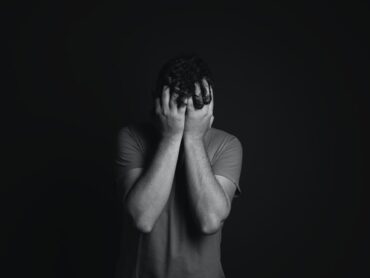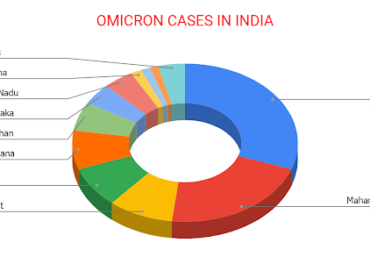A recent report by the World Health Organization (WHO) and the World Bank stated that the ongoing COVID-19 pandemic has halted nearly two decades of global progress towards Universal Health Coverage. While there were around half a billion people who were living in poverty and extreme poverty, the COVID-19 pandemic only increased their numbers. This has been attributed to disrupted health services, people losing their livelihood and out-of-pocket payments made for healthcare in many developing and poor countries. Another concerning event that has significantly impacted people’s finances is the dropped immunization coverage for diseases like TB, HIV and malaria. The WHO and World Bank warn the world that financial hardships of people across the globe can intensify further as incomes fall, economies get impacted, and governments face fiscal constraints.
It has been stated that before the COVID-19 pandemic, almost one billion people in the world spent nearly 10% of their monthly income on healthcare expenditure. With reduced income and the growing cost of healthcare, these one billion people are only being pushed further into the darkness of extreme poverty.
The WHO requests the world governments to increase their universal health coverage, restore essential health and immunization drives, and increase their healthcare budgets to cover as many people as possible and pull them out from the shadows of poverty. Will the countries that made some progress be forced to retreat their steps? Will the world be able to pull out the poor from the depths of poverty to witness the light of a brighter, better world? Only time will tell.









